Ukraine’s war with mothers
Demographic features of study residents have been defined in table 2. Chi-Square testx2= 13.73, p= 0.005). Troubleshoot Fisherp = 0.003). Completely, large percentages of Ref (25.0%) compared to IDP (14.3%) from capital. When both teams show a valuable agent from larger cities – 50.0% of the IDP and 33.3% of Ref – which is the highest IDP part. On the other hand, there is a big phrase in small villages (32.1 versus 12.5% for the IDP (9.2%), which is a difference in pigeons in comparison with pregnancy of the glings (9.2.1x2= 6.19, p = 0.002), with Fisher test results (p= 0,0004). New mothers came from big cities (40%) regularly from small towns (4,3%), whereas in small villages (29.4%).
Indeed, individuals in both stages of something or married (74.8%), without valuable differences (p=[0.326; 0.933]. Similarly, there was no significant differences between PNM that was relocated by relatives and parse (p =[0.075; 0.485]. This suggests that family bonds remain steadfast and there are problems to file.
Moreover, there is a change in education in the samples that had a general communicating (p=[0.104; 0.743]) By spreading when respondents participate with bachelor’s (25.7%) or a master’s degree points to the variables before and after the Russian attacksp=[0.255; 0.772]. This finding this is even more emphasized by the unemployment 0.153, showing little inequality among the respondents. A large part of people reporting funding conditions after full attack among subgroups – provides general problems, is being struggled with the battle involved.
Reviewing whether current pregnancy are the first for respondents who do not meet important family or 0.082. There is a lack of data in other kinds of pregnancy when there is friendly to 6,33% – that reveals the input defaults. Still we can imagine the suffering of difficulty in pregnancy in pregnancy. Especially, among new mothers, where people in square revealed a vital difference (x2= 13.66, p= 0.004). Young mothers say that weak problems compared with new mothers. Anxiety regarding access to medical care only to the new mothers who had to flee from Ukraine (3.6%). Average primary pressure of the main headings, Fig. 3, shows their custom among PNM people. Naturally, rejecting is not likely to talk about safety issues (12.4%) compared to IDP (33.3%). Still there is no more changes in battle results (35.7%), rather than IDP (30.2% ,,,,,,,,,), 15.9%, 9%).
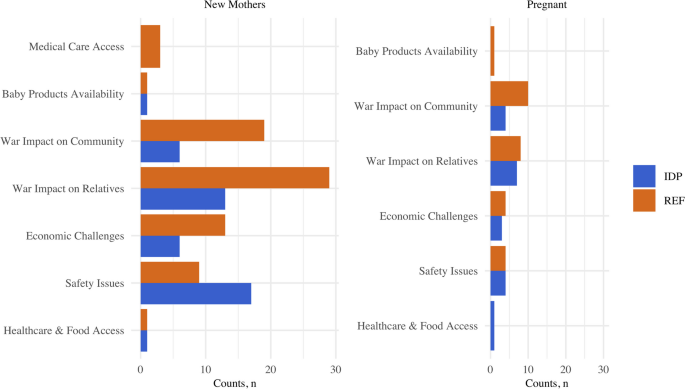
Image which compares with the primary stress of national participants
Although PNM SUBGROUPs evaluates the impact of war varyingly, they seek the maintenance of mental health (see Table 4). A little difference in young mothers and women pregnant with this question with pArrival to achieve valuable maintenance (p= 0.059) Not supported by test test resultsp= 0.083) ,,,,,, is showing damage to higher levels among groups. 92.9% of the IDP and 91.4% of DAB and 91.4% said they did not intend to seek help. The highest percentage of women who have found treatment because of the Rep health problems (7.6%); Rather than IDP (4.8%).
Figure 4 represents the selected ways of dealing with stressful influence of war. PNM selected incable information and procedures regularly, even though stupid can be predicted in many ways. Highly higher subgroups focused on To communicate, ‘As stated by one of the participants, keeping in the energy energy and occupying and insertion and notified. Ref by cope with peer chat (30.5%), spending time in social media (14.5%), and evaluating international content (11%). IDP, rather than use related funds including and help others (4,2%), and reduce media use (10.0%). IDPS may be more focused than ‘To be,’as a way to restore.
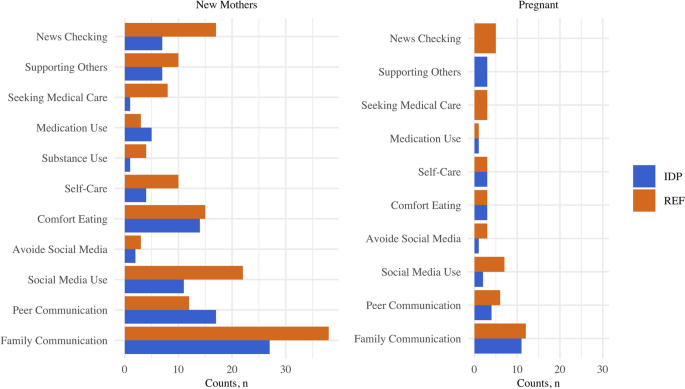
Image that compares by handling strategies among participants
Pregnant women cannot use objects to cope with stress, whereas 3.1% of the new mothers choose this option. Effects regularly for social collaboration, while younger mothers are willing to choose food (13.4%), communicating with other women (18.6%). Furthermore, young mothers are weak and selecting policies that improve plans that improve authenticipal policies (such as sleep, meditation, pregnancy, concern, concern, concern, concern, concern, concern, concern, concern.
Regarimistics Manufacturer of Regarimistics to interfere with the JARR-SERI-SEND-SUBJECT DIFFERENT. Nature of the Figure in the Nunnil’s Struggle in the World War in the World’s Strength℮= 0.382, p<0.001, Or= 1.465). The depression from financial fee can relate to the first place of participants, as in detail figs. 6 and 7. In addition, respondents reported in their financial changes increased by 75.4% of the perceived pain (℮= 0.562, p<0.001, Or= 1.754).
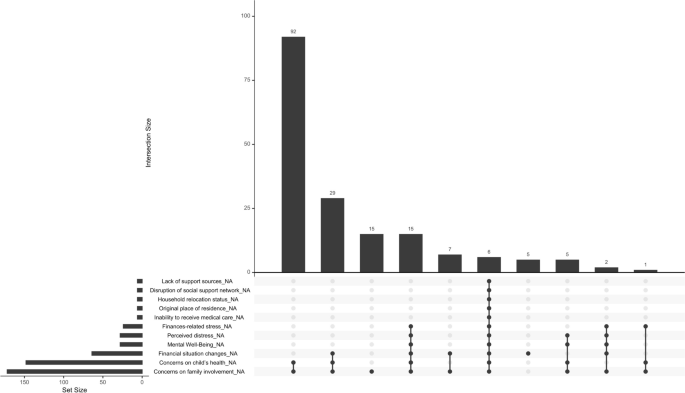
The purpose of irritation to see the missing data paterns with many forms of interest
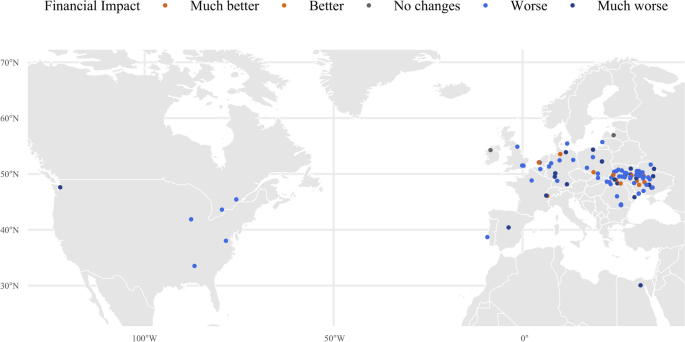
Appearance to be seen in the battlefield in the middle of the war in the participants based on their residence during the test
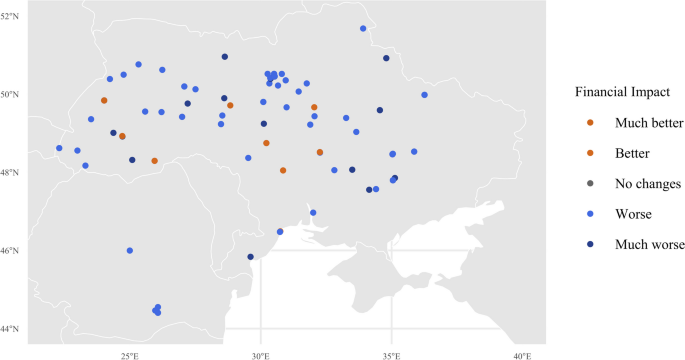
A feeling of difficulty seemingly difficult, thought to be Ukraine in accordance with their study area during the test
High conditions for support sources were also associated with increased levels (℮ = 0,143, p<0.01, Or= 1.154), showing that the thoughts of reporting the highly disturbing eyewitnesses of the sky’s inclement weather has increased in every unit increased to reflect support sources. Similarly, every increase in a permanent state of failure without social welfare was associated with a flexible increase (℮ = 0.313, p<0.001, Or= 1.367). Furthermore, the presence of householders in the new house (℮ = 0.073, P <0.01, or = 1.60) was associated with an increase in an emotional increase. From this point, we can imagine that social support and financial stability can serve as protected reasons for the PNM-related distress (Or> 1). Moreover, depending on the link to the connector connecting links, the effect of different people directly to those who responded to the mind that was reviewed (see Table 6). Anxiety about the child’s life because of the battle was the wrong place of mental health (℮ = 1.095, p<0.001, Or= 0.334). This indicates that those with anxiety about their child’s health because of their 66 long life to report good health and they may be ready to move. The place of residence origin (℮ = 0.780, p<0.001, Or= 0.458) It was also well talked. Those who had a refugee level of refugee were 54.2% of Rose instead of suffering, as it seems Fig. 8.
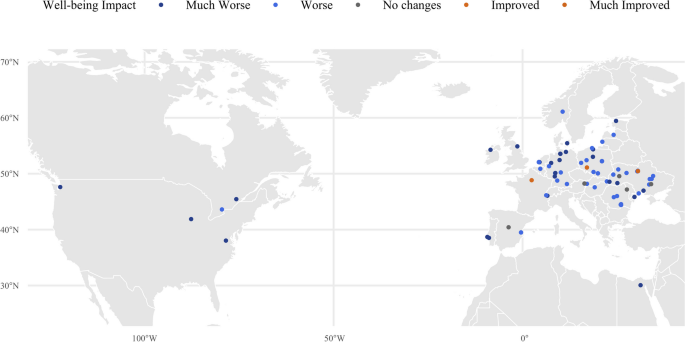
To see the vivid changes in mind in the minds based participants in a residence during the test
Moreover, people met problems for medical attention (℮ = 0.679, p<0.05, Or= 1.971) and those who produce anxiety with potential changes to family support (℮ = 0.630, p<0.05, Or= 0.533) Reporting well-following complete attacks. Instead, the flow of relocation or without relatives did not have a great impact to be good (℮ = 0.099, p> 0.05, Or= 1.104). The nervous part of a variety of medical attention shows that we are depressed about family changes, when he is able to find medical pressure associated with family changes. Generally, suggestions audience indicate that a financial family, access to a doctor’s introduction was to have accounts of health health reports.
#Ukraines #war #mothers